If you or someone you love suffers from a chronic respiratory disease, you might be curious about supplemental oxygen therapy. Whether you are already using supplemental oxygen or you think that you might need it, it's helpful to learn more about the therapy and the benefits it could have for you.
Oxygen is an effective medication for a variety of chronic respiratory conditions, including COPD and cystic fibrosis. It improves your ability to breathe and can also prevent a variety of serious health conditions, including respiratory failure, heart attacks, dementia, and even death.
Unfortunately, many patients struggle to comply with oxygen therapy and don't use their supplemental oxygen as often as they should. This is partially due to the fact that oxygen therapy can be very uncomfortable to use, especially if you have to use it continuously every day.
But if you are ever prescribed supplemental oxygen, it's vital to be diligent about the therapy and always use it as prescribed, even if it's difficult to get used to at first. You may feel less discouraged, however, if you take the time to fully understand how important the medication is to your health.
{{cta('43b79c5e-6bd6-4f02-ac27-2d038d20c146','justifycenter')}}
That's why, in this guide, we're going to tell you all about the benefits of supplemental oxygen therapy and what it can do for people with chronic respiratory diseases. We'll show you how it can improve your physical endurance, your ability to breathe, your ability to sleep, and many other factors that affect your quality of life.
Most importantly, we'll show you why it's important to keep up with your oxygen therapy and not give up when you feel discouraged. When you can appreciate supplemental oxygen as the life-improving and life-saving medication it is, it's easier to understand why it's worth the trouble to do.
Supplemental Oxygen 101: What It Is, How it Works, and Why It's Important
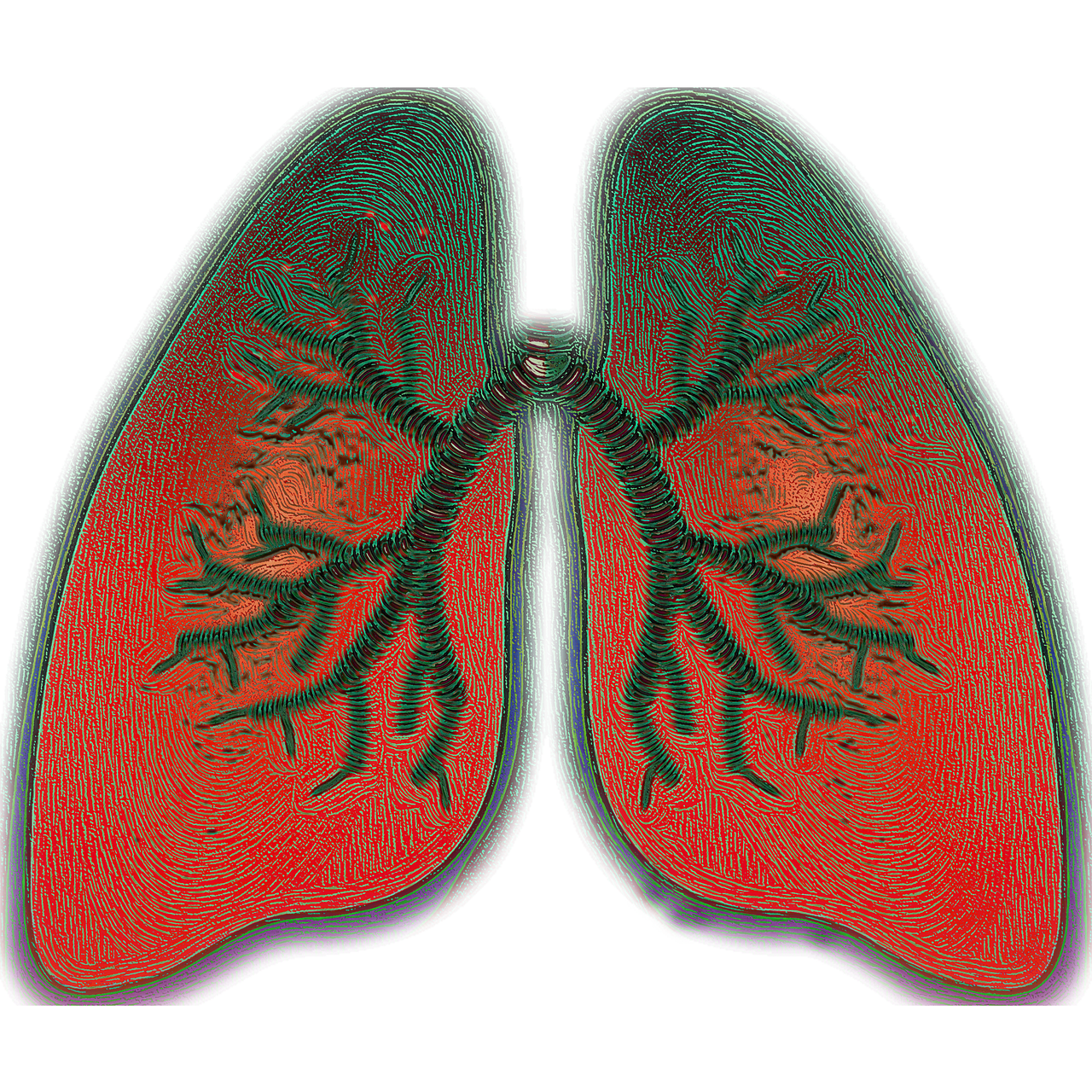
Supplemental oxygen therapy helps you breathe better, but it does much more than that. Even though it is just a gas, medical oxygen is actually a potent medication that affects both your cardiovascular system and your lungs.
Before we dive right in to the many benefits of supplemental oxygen therapy, let's take a quick look at how exactly oxygen therapy works. We'll explain how it affects your body in general as well as how it helps people with specific respiratory conditions.
To skip this and jump ahead to the benefits, you can go ahead and click here.
How Does Supplemental Oxygen Therapy Work?

The primary purpose of supplemental oxygen therapy is to improve your ability to breathe. It's an effective way to get more oxygen flowing through your body when your lungs have trouble absorbing enough on their own.
In the most basic sense, oxygen therapy works by taking oxygen from a concentrated source (like an oxygen tank) and delivering it to you via a long, plastic tube. You breathe it in to your lungs through an oxygen mask or a nasal cannula, which is a smaller oxygen delivery device with two short tubes that rest just inside your nostrils.
This works because the air that comes from your oxygen source contains a much higher percentage of oxygen than the air you breathe normally. This means there's more total oxygen available for your lungs to absorb when you inhale.
Your lungs then transfer this oxygen to your blood, where it gets pumped around your body so your different cells and organs can use it. By using supplemental oxygen, you helps ensure that there's enough oxygen available to meet your body's needs.
Oxygen therapy allows you to breathe air that is up to 99 percent pure oxygen. That's a lot of oxygen compared to the proportion in the air you normally breathe, which is about 21 percent.

Oxygen-rich air is easier to breathe and easier for the air sacs in your lungs to absorb. This allows your lungs to work more efficiently and prevents your blood oxygen levels from falling too low.
Healthy lungs generally don't have any problem getting enough oxygen from regular, ambient air, but people who use supplemental oxygen usually don't have healthy lungs. Oxygen therapy is usually only necessary when there's not enough healthy tissue in your lungs to absorb the amount of oxygen your body needs.
This usually happens when a large number of air sacs are unable to function, whether it's caused by permanent lung damage or the effects of a temporary illness. When this happens, providing extra oxygen-rich air allows the functioning lung tissue that's left to absorb more oxygen than it would from the ambient air.
This allows you to breathe more efficiently and get more oxygen molecules into your bloodstream. That is the ultimate goal of supplemental oxygen therapy: to keep your blood oxygen saturation at a healthy level when your lungs can't do it alone.
Who Needs Supplemental Oxygen Therapy?
Because it's basic purpose is general—to help struggling lungs absorb more oxygen—supplemental oxygen can treat a variety of health conditions that affect the lungs. That includes serious respiratory infections that impair the lungs' ability to function, as well as chronic breathing disorders like asthma and COPD.
Doctors prescribe supplemental oxygen therapy for the following health disorders:
- Chronic Obstructive Pulmonary Disease (COPD)
- Pulmonary Fibrosis
- Cystic Fibrosis
- Pneumonia
- Severe Asthma
- Sleep Apnea
Supplemental Oxygen for COPD
Of all the respiratory conditions that require supplemental oxygen, COPD is the most common by far. In fact, nearly 82% of medicare patients on long-term oxygen therapy have COPD.
However, not all people with COPD need supplemental oxygen, and many don't begin oxygen therapy until they reach the later stages of the disease. Doctors usually prescribe oxygen when a COPD patient experiences chronically low blood oxygen levels, known as chronic hypoxemia.
This usually happens when your blood oxygen saturation regularly falls below about 88 to 90 percent (healthy levels are 95% or higher). At this point, oxygen therapy is necessary to bring your blood oxygen saturation back up to healthier levels.

This is important, because chronic hypoxemia is a dangerous health condition that can cause serious damage to your heart and lungs over time. Oxygen can also treat general COPD symptoms by helping you breathe better and keep respiratory symptoms like shortness of breath under control.
Some COPD patients need to use supplemental oxygen 24/7, while others only have to use it during specific activities that cause their blood oxygen levels to drop. For example, some people with COPD only use oxygen when they sleep or do physical activities that strain their lungs.
Sometimes COPD patients need to use oxygen temporarily during emergencies or to help them recover from lung infections or major symptom flare-ups (known as exacerbations). However, once they have to depend on supplemental oxygen for regular disease maintenance, most patients need to continue using it for the rest of their lives.
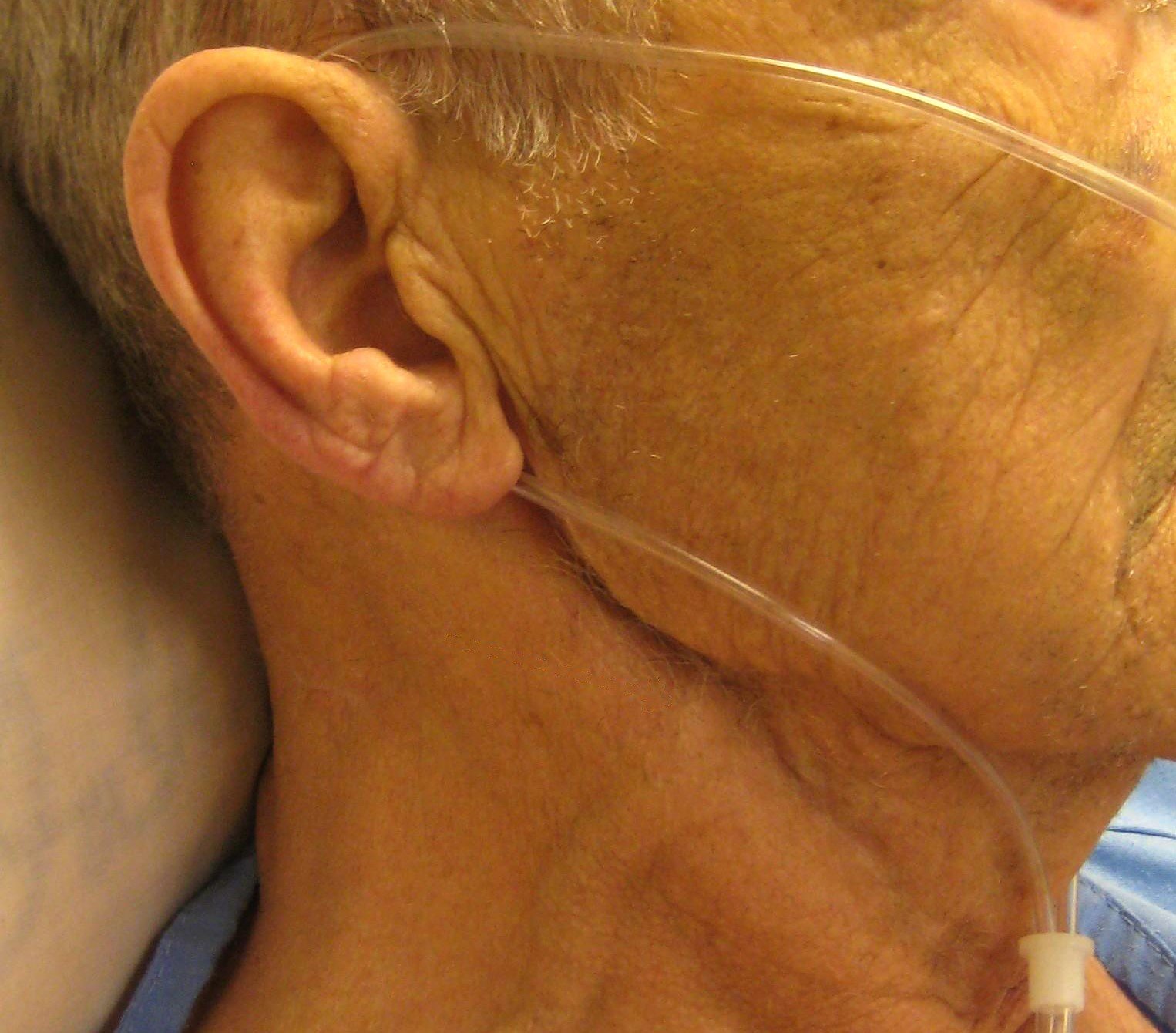
If you have COPD, you are likely to need oxygen therapy eventually, even if you don't use it right now. Researchers estimate that at least twenty percent of people with COPD use long-term oxygen therapy, and most patients end up using supplemental oxygen at some point during the course of treatment.
People who have cystic fibrosis and pulmonary fibrosis suffer from similar lung problems as people with COPD. They often use supplemental oxygen for the same reasons, including to treat hypoxemia and relieve shortness of breath.
Supplemental Oxygen for Asthma and Lung Infections
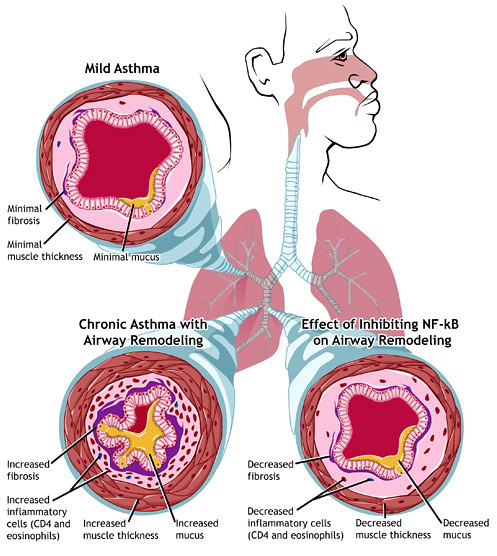
People with asthma usually don't have to use supplemental oxygen regularly like people with COPD. However, some asthma patients may need oxygen therapy to help them breathe during or after a very severe asthma attack.
Asthma attacks are generally the result of severe inflammation in the lungs which can prevent them from absorbing oxygen efficiently. During life-threatening emergencies, supplemental oxygen can help the lungs absorb enough oxygen to prevent serious complications or death.
The same is true for people suffering from severe lung infections like pneumonia. The illness can become so severe that the lungs no longer function sufficiently on their own without the help of supplemental oxygen therapy.
Supplemental Oxygen for Obstructive Sleep Apnea
Obstructive sleep apnea is a common sleeping disorder among healthy adults and among people with asthma and COPD. It occurs when you stop breathing for short periods of time repeatedly during sleep.
This is usually caused by the muscles in your throat relaxing so much that they collapse, blocking air from flowing through your airways. This inhibits your breathing, or makes it stop altogether, for up to minutes at a time, which can deprive your body of oxygen during the night.
This problem can usually be corrected by wearing a special mouthpiece or by using a CPAP or BiPAP machine to keep your airways open while you sleep. However, some people with sleep apnea also use supplemental oxygen to help them breathe easier through the night.
Many experts believe that supplemental oxygen alone is an unnecessary and less effective treatment for sleep apnea, and should only be used in combination with a CPAP/BiPAP machine. Some people with co-occurring sleep apnea and COPD use this combined method to help them maintain healthy blood oxygen saturation levels at night.
The Benefits of Using Supplemental Oxygen
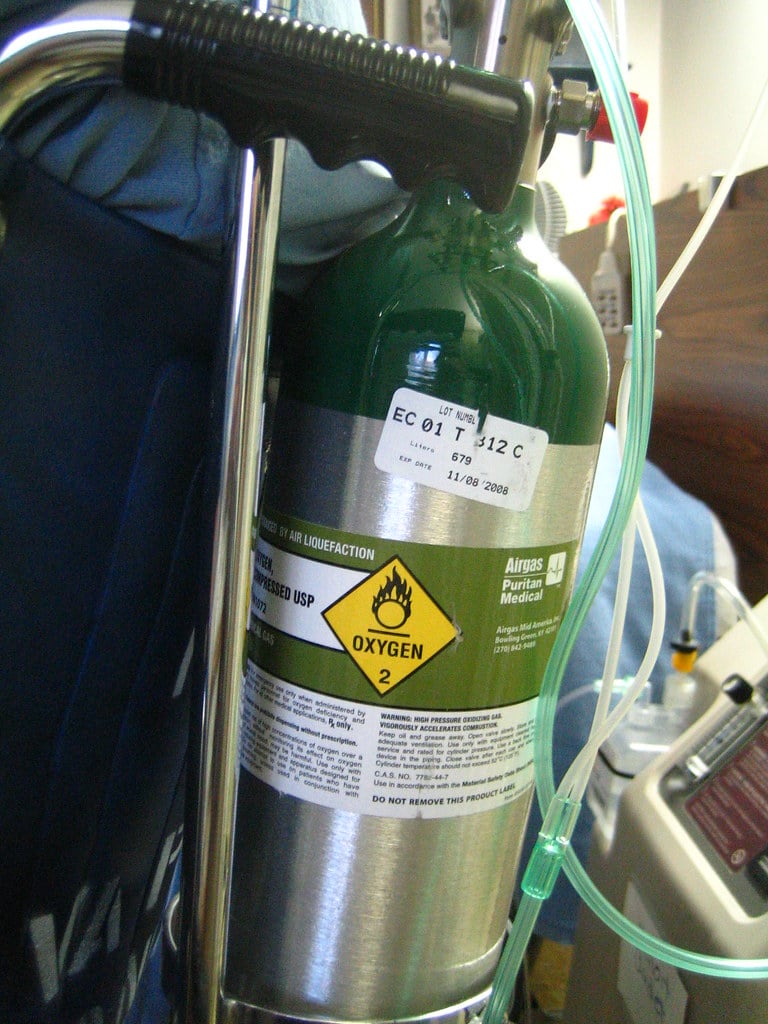 |
| Photo from rick on Flickr. |
Improves Your Respiratory Symptoms
We've briefly explained already how supplemental oxygen helps you breathe better and helps your lungs absorb more oxygen. We've also mentioned how this can prevent hypoxemia, a condition that occurs when there's not enough enough oxygen in your blood to meet your body's oxygen needs.
{{cta('fa8abc2a-1e88-4fa3-82fd-1cb5b9ed43b2','justifycenter')}}
What we haven't discussed yet is what effect this can have on the respiratory symptoms you experience every day. Fortunately, studies show that supplemental oxygen can actually help you feel better in general and improve your quality of life.
For example, many studies have shown that that oxygen therapy can improve shortness of breath in people with COPD, especially when used during physical activity. In fact, according to the American Thoracic Society and other researchers, oxygen therapy may be even more effective than bronchodilator medications at reducing shortness of breath caused by COPD.
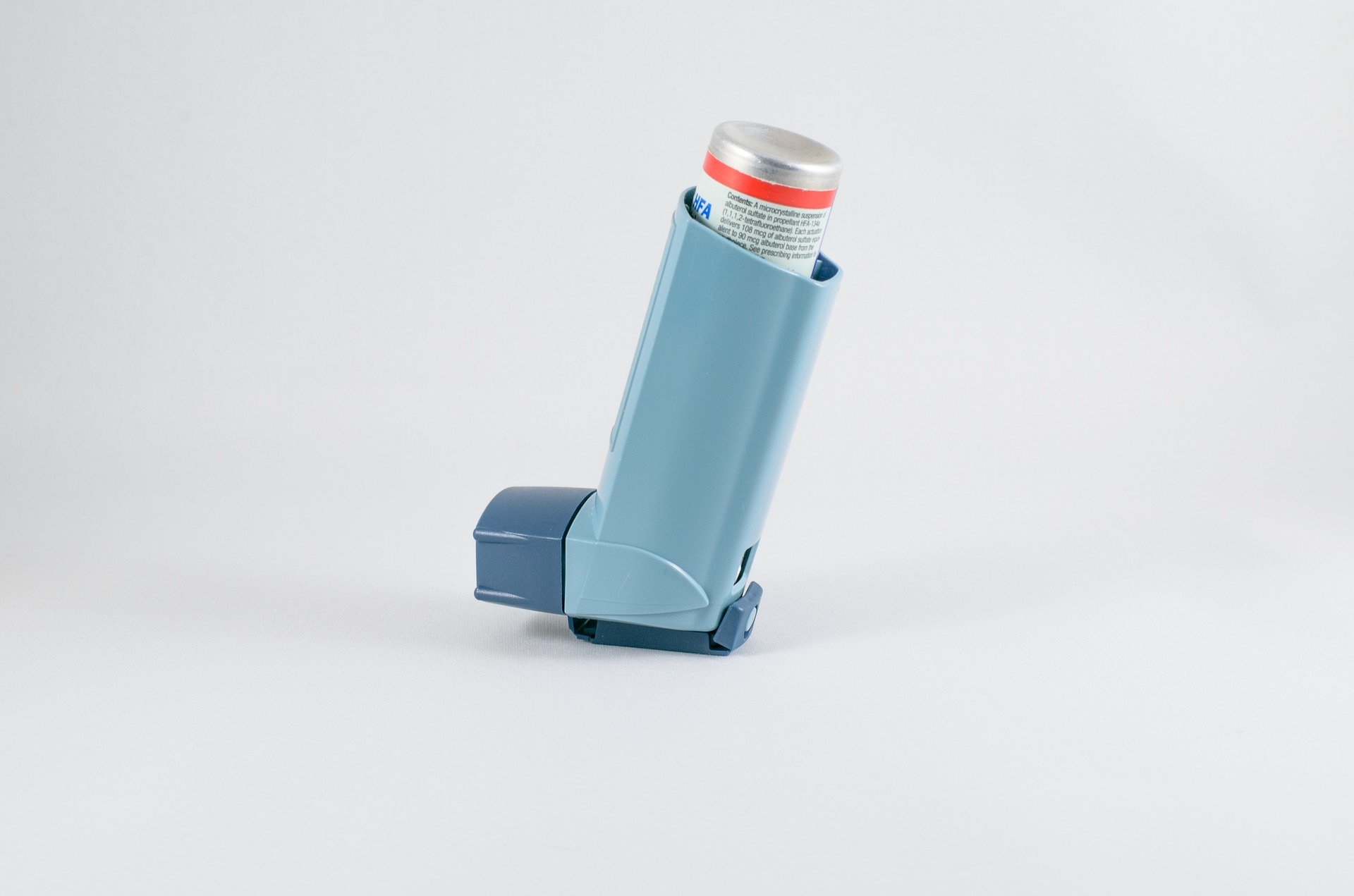
Other studies have shown that supplemental oxygen can effectively reduce psychological ailments like anxiety and depression, as well as improve health-related quality of life in people with COPD. It can also reduce your chances of experiencing a COPD exacerbation, and help you recover if you do.
By helping you breathe more efficiently and reducing strain on your lungs, supplemental oxygen can help you feel much more comfortable in general. It may also help you feel more safe and secure as you go about your day; you'll know that you always have an oxygen source nearby in case your symptoms flare up and you find yourself struggling to breathe.
You might also find that you have more energy to be active and do everyday tasks when you use supplemental oxygen. Having low blood oxygen makes you feel drowsy and foggy, but these symptoms should at least partially recede when you use oxygen therapy to restore healthier blood oxygen levels.
Reduces Your Risk for Heart Disease and Other Health Complications
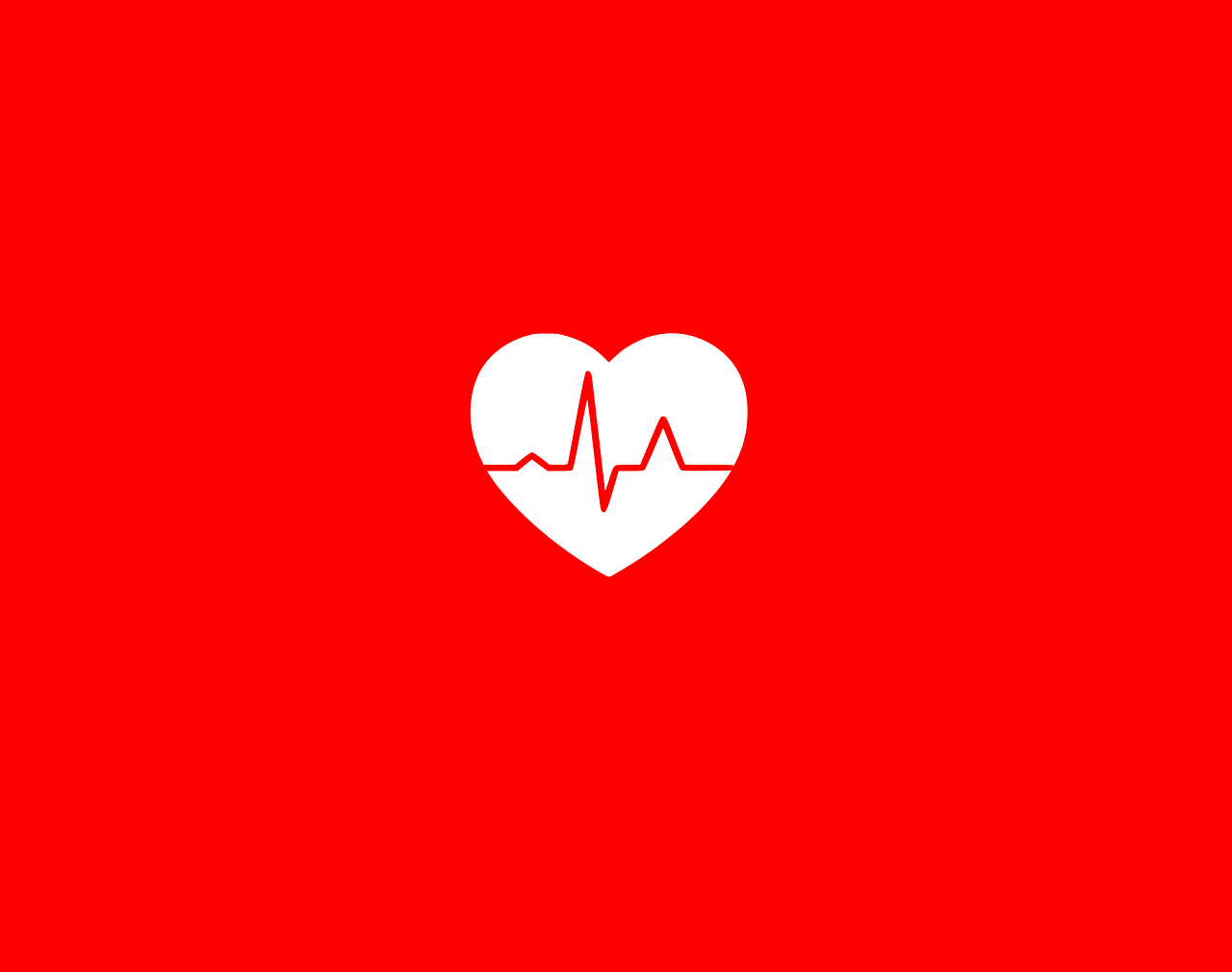
Every tissue and organ in your body needs oxygen, which is why hypoxemia is so dangerous to your health. When your blood oxygen levels are low for long periods of time, it can cause a variety of serious health complications.
Left untreated, hypoxemia is extremely hard on both your lungs and your cardiovascular system. This can lead to high blood pressure, pulmonary hypertension, heart failure, and heart attacks. Less commonly, hypoxemia can also cause a rare blood disorder known as secondary polycythemia, which happens when your body creates an excess of red blood cells in an attempt to compensate for low amounts of oxygen in the blood.
However, supplemental oxygen therapy reduces your risk for these health conditions by increasing your blood oxygen saturation. While this may not completely reverse your hypoxemia, it can reduce it by helping your lungs more adequately meet your body's oxygen needs.
Makes Exercise Less Difficult

Without supplemental oxygen, many people with COPD and other chronic respiratory conditions cannot exercise very well on their own. That's because physical strain increases the amount of oxygen your body needs, forcing your lungs to work harder and making it more difficult to breathe.
However, supplemental oxygen works as an aid to help you breathe better when you walk, exercise, or do any kind of physical activity. This can help you get around easier, be more active, and exercise better than you could before.
Here are some of the main ways that supplemental oxygen affects your ability to exercise:
- Improves your exercise tolerance, which is your ability to complete physical activities
- Improves your exercise endurance, which is your ability to walk or do other physical activities for extended periods of time
- Reduces respiratory symptoms and discomfort during exercise
- Allows you to exert yourself harder and do more intense exercises
Oxygen therapy does these things primarily by relieving shortness of breath and keeping your blood oxygen levels up while you exercise. This makes it possible to to exercise longer and do more intense physical activities without having to stop due to breathlessness or fatigue.
When combined with an exercise training program, research shows that supplemental oxygen amplifies the physical benefits, especially the ability to exercise for longer periods of time. Studies show that supplemental oxygen also boosts endurance by improving muscle metabolism and efficiency, which allows your muscles to work harder without getting fatigued.
While many of these studies focus on people with COPD, research shows that these benefits hold true for people with a variety of respiratory diseases, including pulmonary fibrosis and cystic fibrosis.
Overall, supplemental oxygen makes it easier to exercise in general and improves your ability to do more strenuous physical activities that you might otherwise feel too breathless to complete. In this way, supplemental oxygen also makes it easier to build the strength and endurance you need to live a healthy lifestyle in spite of your respiratory symptoms.
This is one of the greatest benefits of supplemental oxygen, because it can help you maintain the physical mobility you need to participate in all kinds of activities and events. It's much easier to do just about everything when you can walk and move around without suffering from debilitating breathing problems.
When you don't get enough physical activity, you can lose your ability to get around and do normal daily activities, which can significantly affect your ability to manage your respiratory disease. But by allowing you to be more active, supplemental oxygen can help prevent this and variety of other complications that can result from inactivity, including heart disease and diabetes.

Getting more exercise sets off a wonderful snowball effect that can improve your health and your quality of life in a variety of ways. It can improve your physical endurance, your breathing efficiency, and make it easier to take care of yourself and maintain your physical independence.
In fact, research shows that exercise training can reduce respiratory symptoms like shortness of breath even more significantly than medication and oxygen therapy alone. By pairing oxygen therapy and exercise training together, you have a powerful tool that can help you stay active, get more fit, and reap the greatest possible benefits from your effort.
If you take the opportunity, the breathing boost you get from supplemental oxygen can help you develop the strength and endurance you need to do more of the things in life that you enjoy. It can also improve your daily life in general by allowing you to go out and about and take care of your health, work, and other life responsibilities more easily.
Improves Alertness and Cognitive Function

Supplemental oxygen therapy can not only improve your physical abilities, but it can also help you think, reason, and remember things better, too. That's because low blood oxygen levels can have subtle effects on the brain that supplement oxygen can correct.
When your blood oxygen saturation is low, it can make you feel foggy-headed, fatigued, and less alert. This can make daily life more difficult to manage and make it harder to keep up with healthy habits like exercise.
Chronic low blood oxygen levels can also lead to a condition known as mild cognitive impairment, which is extremely common in people with respiratory diseases, especially advanced COPD. Mild cognitive impairment affects your memory, your judgment, and increases your risk for psychological symptoms like anxiety and depression.
Mild cognitive impairment is easy to miss, since the symptoms are often very mild. If you aware of it, you're likely to notice that you are more forgetful, make more impulsive decisions, or have trouble focusing your mind on complex tasks.
Fortunately, studies show that using supplemental oxygen can prevent cognitive decline, or at least prevent it from getting worse after it begins. Some studies even suggest that oxygen therapy can reverse the symptoms of mild cognitive impairment by improving blood flow through the brain.
Supplemental oxygen can also prevent mild cognitive decline from progressing to full-blown dementia, as many cases of cognitive impairment tend to do. This is an important benefit, since research shows that people with chronic respiratory diseases lik

